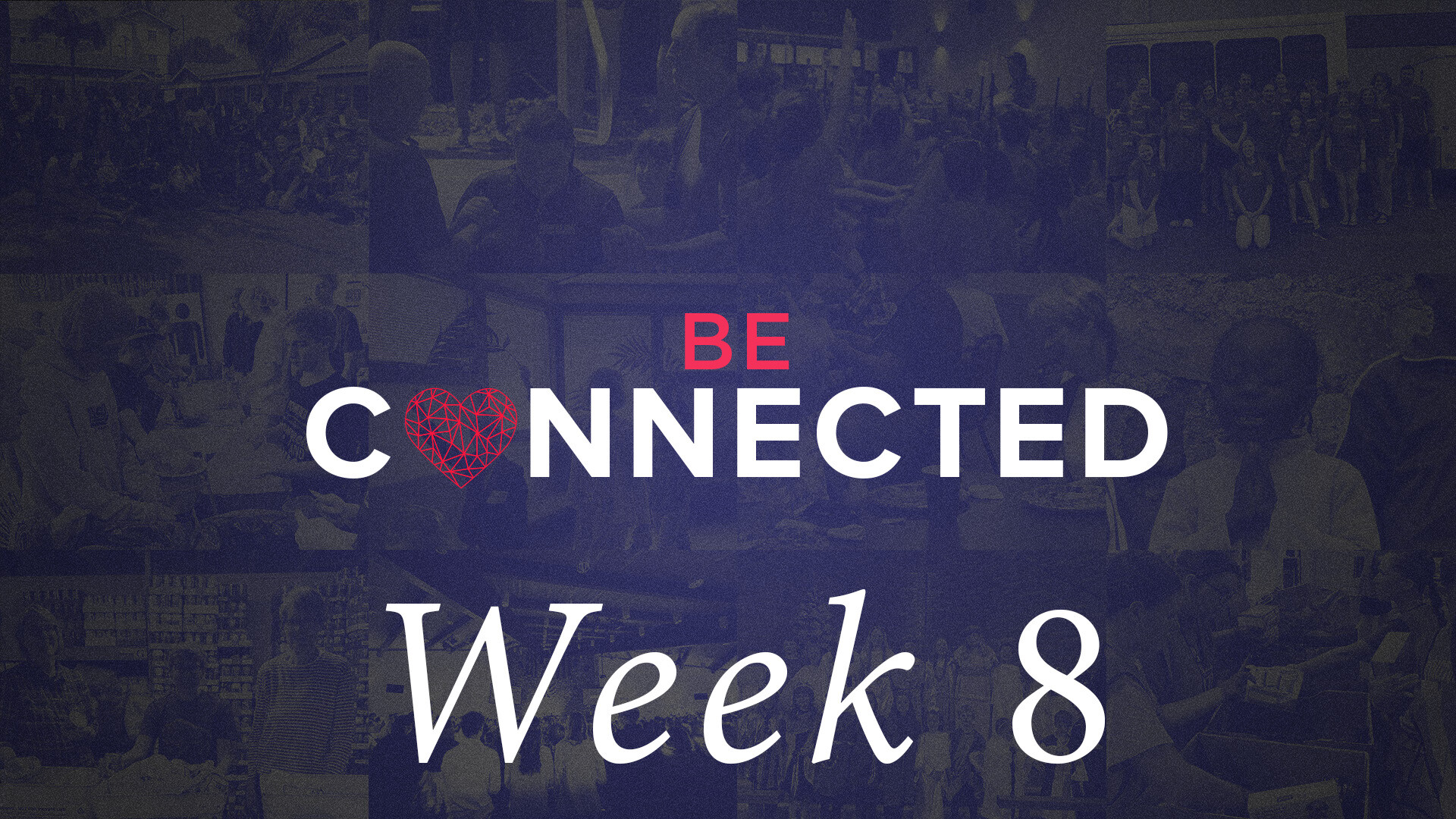June 22, 2023 | Be On Mission

Paul Shares Jesus through Philosophy
Scripture: Acts 17:13-34(NIV)
13 But when the Jews in Thessalonica learned that Paul was preaching the word of God at Berea, some of them went there too, agitating the crowds and stirring them up. 14 The believers immediately sent Paul to the coast, but Silas and Timothy stayed at Berea. 15 Those who escorted Paul brought him to Athens and then left with instructions for Silas and Timothy to join him as soon as possible.
In Athens
16 While Paul was waiting for them in Athens, he was greatly distressed to see that the city was full of idols. 17 So he reasoned in the synagogue with both Jews and God-fearing Greeks, as well as in the marketplace day by day with those who happened to be there. 18 A group of Epicurean and Stoic philosophers began to debate with him. Some of them asked, “What is this babbler trying to say?” Others remarked, “He seems to be advocating foreign gods.” They said this because Paul was preaching the good news about Jesus and the resurrection. 19 Then they took him and brought him to a meeting of the Areopagus, where they said to him, “May we know what this new teaching is that you are presenting? 20 You are bringing some strange ideas to our ears, and we would like to know what they mean.” 21 (All the Athenians and the foreigners who lived there spent their time doing nothing but talking about and listening to the latest ideas.)
22 Paul then stood up in the meeting of the Areopagus and said: “People of Athens! I see that in every way you are very religious. 23 For as I walked around and looked carefully at your objects of worship, I even found an altar with this inscription: to an unknown god. So you are ignorant of the very thing you worship—and this is what I am going to proclaim to you.
24 “The God who made the world and everything in it is the Lord of heaven and earth and does not live in temples built by human hands. 25 And he is not served by human hands, as if he needed anything. Rather, he himself gives everyone life and breath and everything else. 26 From one man he made all the nations, that they should inhabit the whole earth; and he marked out their appointed times in history and the boundaries of their lands. 27 God did this so that they would seek him and perhaps reach out for him and find him, though he is not far from any one of us. 28 ‘For in him we live and move and have our being.’ As some of your own poets have said, ‘We are his offspring.’
29 “Therefore since we are God’s offspring, we should not think that the divine being is like gold or silver or stone—an image made by human design and skill. 30 In the past God overlooked such ignorance, but now he commands all people everywhere to repent. 31 For he has set a day when he will judge the world with justice by the man he has appointed. He has given proof of this to everyone by raising him from the dead.”
32 When they heard about the resurrection of the dead, some of them sneered, but others said, “We want to hear you again on this subject.” 33 At that, Paul left the Council. 34 Some of the people became followers of Paul and believed. Among them was Dionysius, a member of the Areopagus, also a woman named Damaris, and a number of others.
Devotional
Even today Athens is the largest city and capital of Greece. The city was host to the first modern Olympics in 1896. For thousands of years, Athens has been recognized as a hub for political, philosophical, scientific, artistic, religious, athletic, and commercial activity. Intellectual giants like Socrates and Plato made Athens a cultural influencer for centuries to come.
In verse 21 of today’s reading, the author Luke commented, “All the Athenians and the foreigners who lived there spent their time doing nothing but talking about and listening to the latest ideas.” But Paul was undaunted. He walked into a city filled with idols, philosophers, and temples, then promptly began “preaching the good news about Jesus and the resurrection.” We can learn something from his boldness.
When questioned, Paul referred to their own altars and poets, proclaiming, “So you are ignorant of the very thing you worship—and this is what I am going to proclaim to you” (v. 23). Telling a group of Athenian intellectuals that they were ignorant had to get their attention! At the end of his speech, Paul concluded, “In the past God overlooked such ignorance, but now he commands all people everywhere to repent” (v. 30). They might be ignorant, but it’s no longer an excuse.
As usual, some of the listeners wanted to hear more and in time became believers. Others rejected him out of hand. Paul didn’t halt his ministry just because not everyone embraced his message. Those who came on board as followers of Jesus were enough to propel him forward. Another good lesson for us.
Take note that Paul’s message here was delivered in a different way than it was when he was in Jerusalem or Syria or Galatia. It was still about the life, death, resurrection, and ascension of Jesus. Nothing would change that. But the way he communicated the truth of the gospel was adjusted for this audience of philosophers and intellectuals. Speaking in the shadow of the Parthenon in Athens demanded a different approach than when he was in the shadow of the Temple in Jerusalem.
Think of a handful of people in your life who need to accept the gospel of Jesus. What methods of relationship and communication would be most helpful in encouraging them to understand and embrace Jesus?
Poem
Stirring Agitation
Egg whites whipped up in a bowl
Stirring agitation
Frothy mounds to shape and mold
Swelling, slopping, growing
Jealousy in stony hearts
Stirring agitation
Tearing unity apart
Ripping, killing, scaring
Passion of apostles’ true
Stirring agitation
Cleansing culture, idols strew
Preaching, teaching, bleaching

